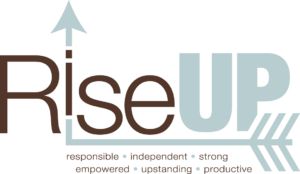April 14th’s workshop was taught by Dirk Kain. He instructed on how to write a resume, including what to do and what not to do. He showed us his resume as an example, as well as Sandy Pricer’s. The workshop was incredibly helpful and prepared me to create my own resume.
The basic outline of a resume is dependent on what you’ve done, how old you are, and what type of job you are applying for. For example, if you are in the tech industry (like Dirk is) you will likely want to focus more on your experience than your education and will therefore put that section first. For me, and students in high school (or college like me), Dirk recommends that you focus more on your education, volunteer experience, and clubs/activities since many of us have not had a job or have only had one or two entry-level jobs.
Most resumes will likely look something like this:
Name (Full Legal Name)
Contact Information (Phone Number, Email Address, Address, etc.)
Education
Most Recent School (Dates You Attended)
-Major (If Applicable)
-Minor (If Applicable)
Activities: Examples Include Varsity Soccer, Mock UN, Honors Societies, etc.
Professional and Volunteer Experience
Most Recent Experience; Your Title, Dates
What you did: built homes, served food, cleaned tables, etc.
Clubs and Associations
Most Recent Club/Association; Location Dates
More Information About Club/Association if Applicable
Of course, everyone’s will look different and everyone will have their own preferences on the order, what they include, how much they write, and format. Dirk does have some suggestions though. He suggests that you use phrases and not sentences (try not to be wordy; people really don’t like to read), use easy to read font, don’t include a summary and/or objective, don’t include a picture, keep it basic, and keep it short.
All of these tips will help you to write the best resume you can. The goal is to catch the eye of whoever is reading it (most hiring agents only spend 30-50 seconds look at each resume), but you don’t want to catch their eye because of a negative aspect such as poor grammar, hard-to-read font, or your resume being ten pages long. You DO want to catch their eye by being concise, making it easy to read, and not bragging. Dirk repeated often that the interview is the place for opinions and modest bragging, not your resume. Your resume is for facts and evidence. It is your first contact with a possible employer, so make a good impression and give them a snapshot as to who you are.

